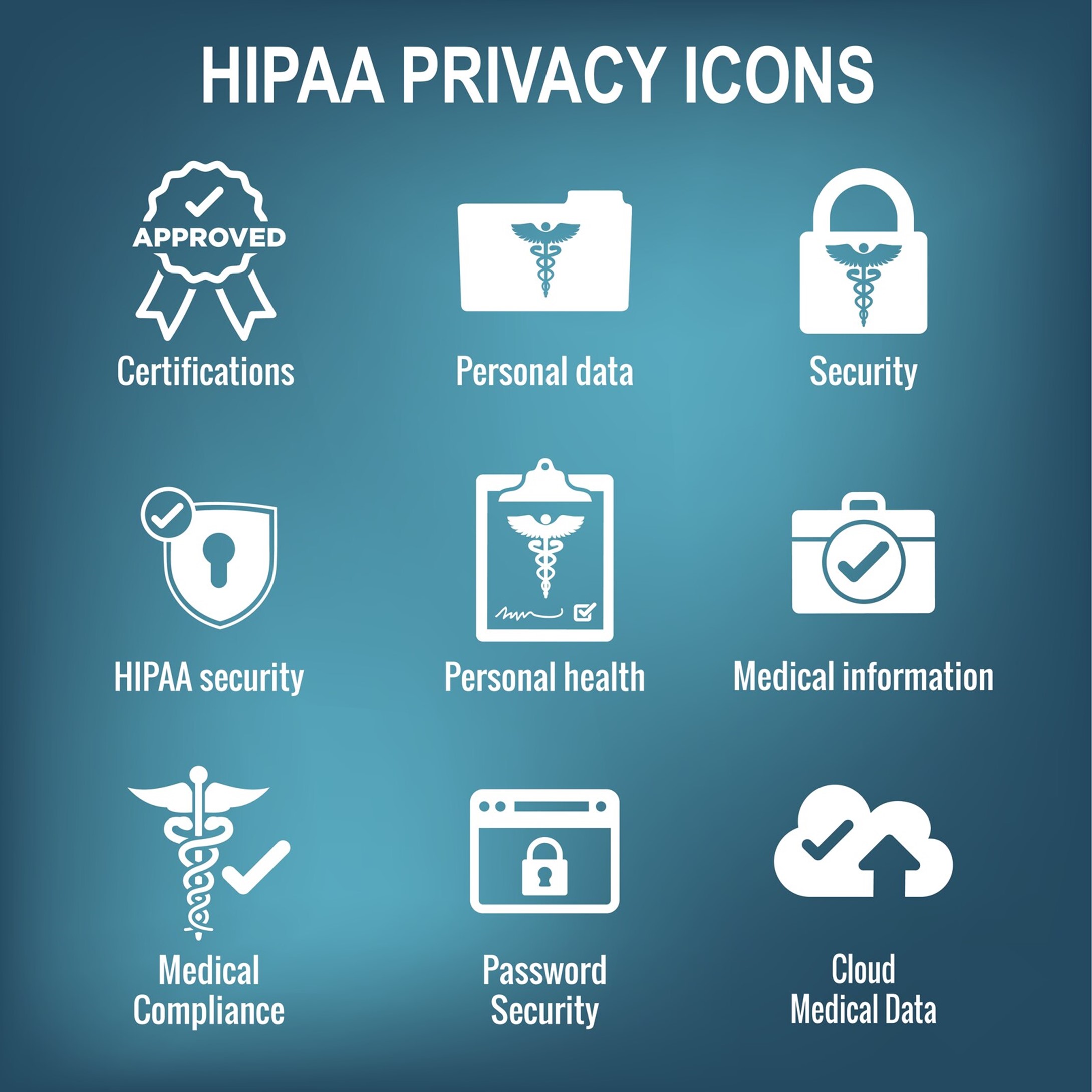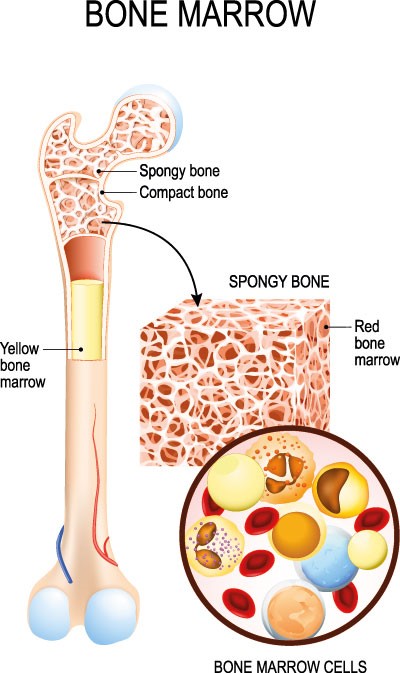A nurse is reviewing information about the Health Insurance Portability and Accountability Act (HIPAA) with a newly licensed nurse. Which of the following statements by the newly licensed nurse indicates a need for further teaching?
"Information about a client can be disclosed to family members at any time."
"HIPAA established regulations of individually identifiable health information in verbal, electronic, or written form."
"HIPAA is a federal law, not a state law."
"A client's address would be an example of personally identifiable information."
The Correct Answer is A
Choice A: "Information about a client can be disclosed to family members at any time." This statement indicates a need for further teaching because it is false and violates HIPAA. HIPAA protects the privacy and security of clients' health information and limits who can access or share it without their consent. Information about a client can only be disclosed to family members if they are involved in the client's care or payment, or if the client gives permission.
Choice B: "HIPAA established regulations of individually identifiable health information in verbal, electronic, or written form." This statement does not indicate a need for further teaching because it is true and reflects HIPAA. HIPAA defines individually identifiable health information as any information that relates to the past, present, or future physical or mental health or condition of an individual; the provision of health care to an individual; or the past, present, or future payment for the provision of health care to an individual; and that identifies the individual or for which there is a reasonable basis to believe it can be used to identify the individual.
Choice C: "HIPAA is a federal law, not a state law." This statement does not indicate a need for further teaching because it is true and reflects HIPAA. HIPAA is a federal law that was enacted in 1996 by Congress and signed by President Clinton. It applies to all states and territories of the United States. However, some states may have additional or stricter laws that protect clients' health information.
Choice D: "A client's address would be an example of personally identifiable information." This statement does not indicate a need for further teaching because it is true and reflects HIPAA. HIPAA lists 18 identifiers that can be used to identify an individual, such as name, address, phone number, email address, social security number, medical record number, or biometric identifiers. A client's address is one of these identifiers and must be protected under HIPAA.

Nursing Test Bank
Naxlex Comprehensive Predictor Exams
Related Questions
Correct Answer is B
Explanation
Choice A: "If your sexual partner has no symptoms, no medication is needed." This statement is false and misleading. Chlamydia is a sexually transmitted infection (STI) that can cause serious complications such as pelvic inflammatory disease (PID), infertility, ectopic pregnancy, and chronic pelvic pain if left untreated. Chlamydia can also be passed on to newborns during delivery, causing eye infections or pneumonia. Therefore, it is important that both the client and their sexual partner(s) receive treatment and abstain from sexual activity until they are cured.
Choice B: "This infection is treated with one dose of azithromycin." This statement is true and accurate. Azithromycin is an antibiotic that can effectively treat chlamydia with one oral dose. However, some people may experience side effects such as nausea, vomiting, diarrhea, or abdominal pain after taking azithromycin. Therefore, it is important that the client follows the instructions and completes the treatment as prescribed.
Choice C: "You need to return in 6 months for retesting." This statement is false and unnecessary. Retesting for chlamydia is recommended only if the client has symptoms, has a new or multiple sexual partner(s), or is pregnant. Otherwise, retesting is not required if the client and their partner(s) have completed the treatment and have no further exposure to chlamydia.
Choice D: "You have to avoid sexual relations for 3 days." This statement is false and insufficient. The client should avoid sexual relations until they and their partner(s) have completed the treatment and have no symptoms of chlamydia. This may take longer than 3 days, depending on the type and duration of the treatment. Therefore, it is advisable that the client uses condoms or abstains from sexual activity until they are cured.
Correct Answer is D
Explanation
Choice A: Vomiting is not the most serious side effect because it is a common and manageable side effect of chemotherapy. Vomiting is a reflex action that expels the contents of the stomach through the mouth. It can be caused by various factors such as nausea, motion sickness, or infection. It can also be caused by chemotherapy, which can irritate the lining of the stomach or trigger the vomiting center in the brain. Vomiting can be prevented or treated with antiemetic drugs, hydration, and dietary changes.
Choice B: Fatigue is not the most serious side effect because it is a common and manageable side effect of chemotherapy. Fatigue is a condition that causes extreme tiredness or exhaustion that is not relieved by rest or sleep. It can be caused by various factors such as anemia, inflammation, or pain. It can also be caused by chemotherapy, which can damage healthy cells and tissues and affect the body's energy production. Fatigue can be managed with exercise, nutrition, and stress reduction.
Choice C: Hair loss is not the most serious side effect because it is a common and temporary side effect of chemotherapy. Hair loss is a condition that causes hair to fall out from the scalp or other parts of the body. It can be caused by various factors such as genetics, hormones, or infection. It can also be caused by chemotherapy, which can target rapidly dividing cells such as hair follicles and prevent hair growth. Hair loss usually occurs within two to four weeks after starting chemotherapy and reverses within six months after stopping chemotherapy.
Choice D: Myelosuppression is the most serious side effect because it is a rare and life-threatening side effect of chemotherapy. Myelosuppression is a condition that causes a decrease in the production of blood cells in the bone marrow. It can lead to anemia (low red blood cells), neutropenia (low white blood cells), and thrombocytopenia (low platelets), which can cause symptoms such as weakness, infection, and bleeding. It can also be caused by chemotherapy, which can target rapidly dividing cells such as bone marrow cells and impair blood cell formation. Myelosuppression requires close monitoring and treatment with blood transfusions, growth factors, or antibiotics.

Whether you are a student looking to ace your exams or a practicing nurse seeking to enhance your expertise , our nursing education contents will empower you with the confidence and competence to make a difference in the lives of patients and become a respected leader in the healthcare field.
Visit Naxlex, invest in your future and unlock endless possibilities with our unparalleled nursing education contents today
Report Wrong Answer on the Current Question
Do you disagree with the answer? If yes, what is your expected answer? Explain.
Kindly be descriptive with the issue you are facing.
